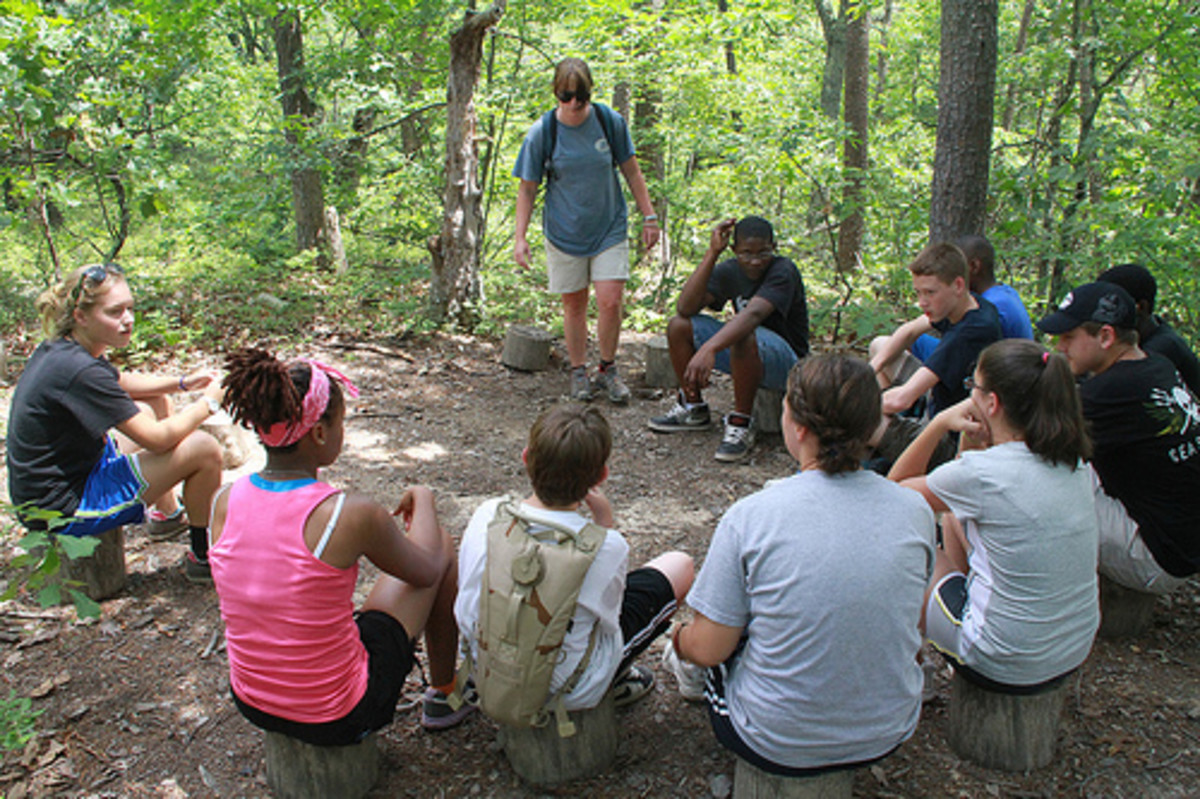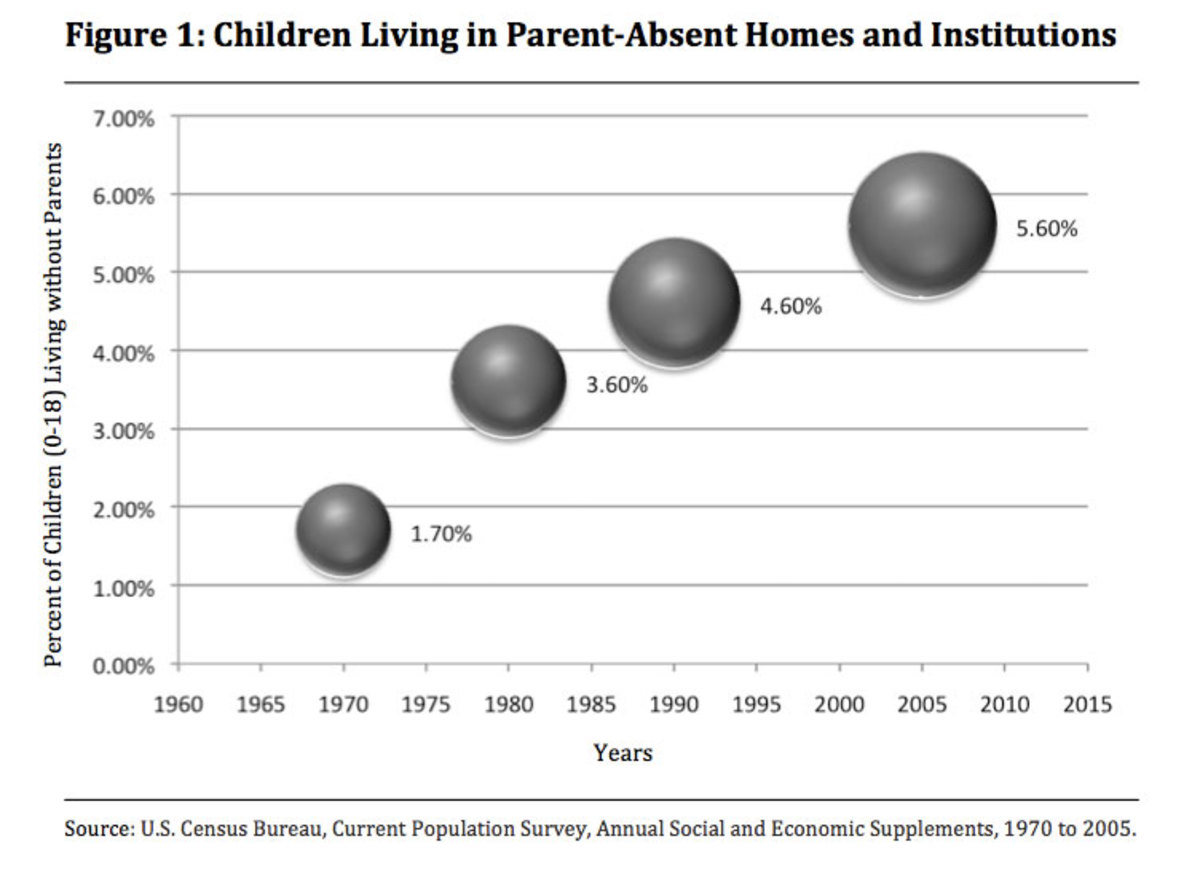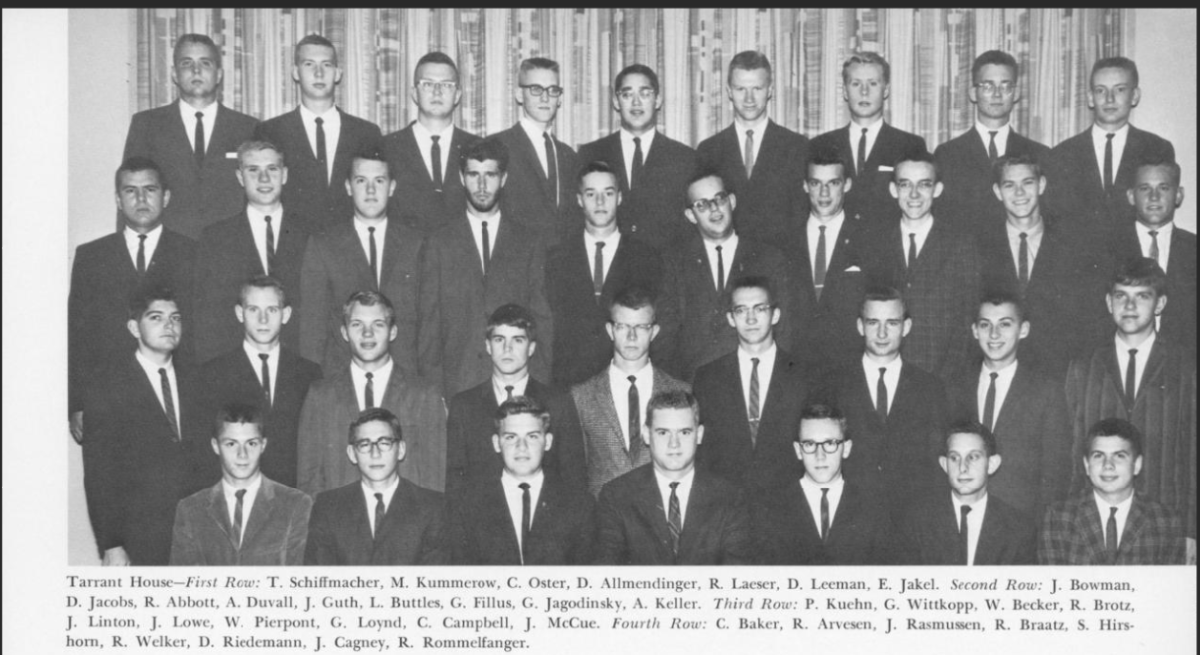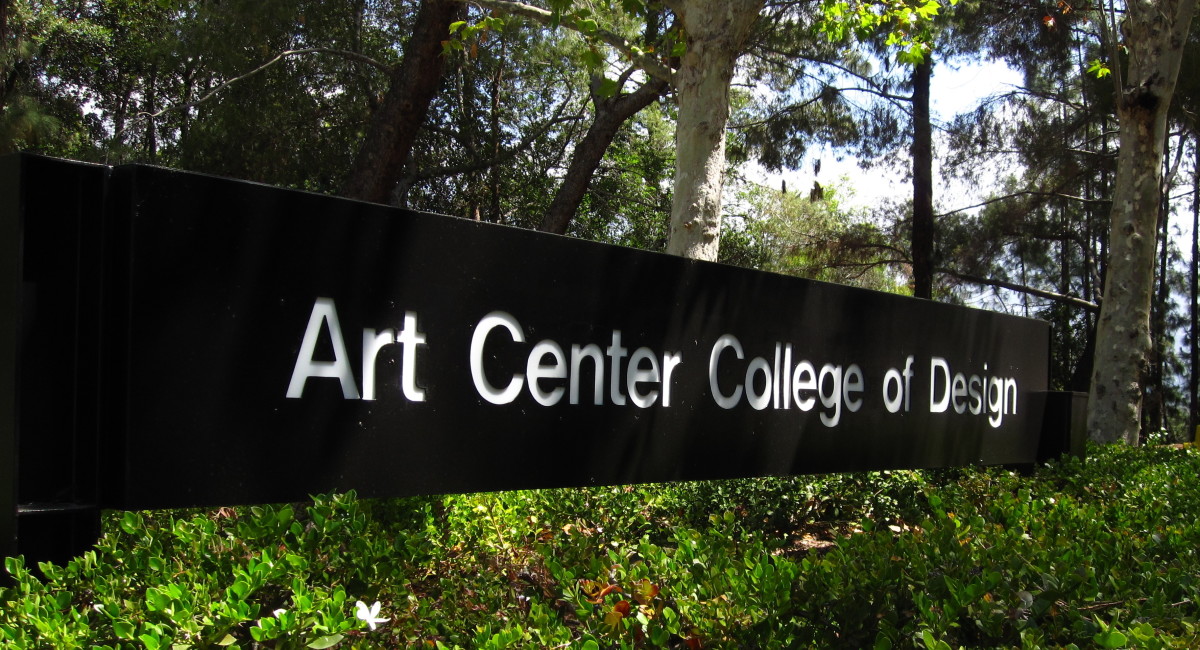Is a Residential College an Effective Choice?

Methods of Obtaining the Best Education
In the early 21st century, America had fallen in the list of most highly education nations in the world, consistently losing their rank to Northern European and Northern Asian countries since the 1990s. Pundits and politicos began asking what the USA should do about this problem.
American public education may be failing in a number of places in America.
Research evidence shows that the lower the mark received in an American public school course, the less of the content material is remembered and able to be used by the student in a just a short time. This is called "learning loss." In fact, most of the educational content of the particular course is lost by most students within about 7-9 months at the "C" level of the A,B,C,D,F grading scheme.
Is America Mediocre?
Chef Anthony Bourdain, who is a successful chef, author, and television presenter, states that Americans are largely drawn to mediocrity. Is this true of our educational system and outcomes as well?
In order to compete in a global market, perhaps higher grades are mandatory, but better education - namely, the ability to use learned material effectively and to learn new materials, is what America needs. A set of critical thinking skills is one of the biggest lacks among Americans.
Living and Learning Communities in which students and faculty live in one large university or college house and spend time together in effective teaching and learning activities seems to be one of the most successful methods of gaining an effective higher education in the USA.
A good example is Brooks College at Baylor University, modeled after Hogwarts.
American 21st Century Adaptations
In the 21st century, some universities are making a transition to the living-learning community or Residential College within the university as a means of returning to the small-college atmosphere and way of life, while retaining big school advantages. The reasons for this include:
- The need to address a fragmented society and the resulting loneliness of students, even related suicides;
- The need to address problems of substance and alcohol abuse among students;
- The need to address campus related crime, including the national average of 1 in 3 females and 1 in 9 males being sexually assaulted and often raped in the process.
- The need to cut down commuting time in order to afford students more time on task for learning;
- The need to more fully engage students in the learning process;
- The need to increase the number of graduations;
- The need to form an educational community that builds a closeknit and constantly evolving educational program and knowledge base along with emerging jobs through practica, internships, and job placement owing to partnerships in education: instructors and students, the school and private business, the school and government, the school and nonprofit CBOs (community based organizations), the school with neighboring schools.
Successful Education
The residential college as an effective educational system is noted in Islamic records and then in Paris and at Oxford in England as far back as the 12th century.
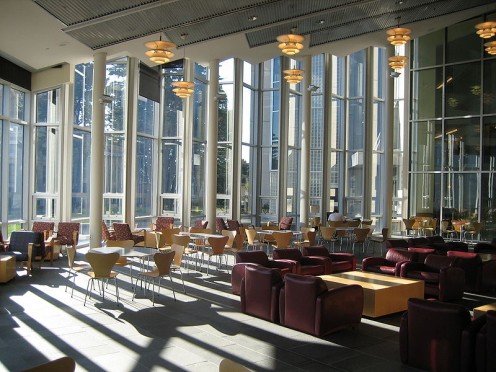
National Study of Living-Learning Programs
The National Study of Living-Learning Programs evaluated these residential college programs to find out how participation in these residential colleges impact academic, social, and developmental results for college students.
Data collected and examined produced positive results overall, indicating that the living-learning community facilitates better learning and graduation rates. A special part of the study showed how these programs helped women success in STEM coursework: science, technology, engineering, and mathematics.
Reference: University of San Francisco: http://www.usfca.edu/assessment/nsllp/
- Collaborators included researchers from the Universities of Maryland, San Francisco, and Wisconsin.
Past Research and Results
Differences in student outcomes by types of living-learning programs: The development of an empirical typology. Authors: Inkelas, Karen Kurotsuchi; Soldner, Matthew; Longerbeam, Susan D; Leonard, Jeannie Brown. Journal: Reseach in Higher Education; Vol. 49, No. 6: pages 495-512; September, 2008.
This recent study found that residential colleges offering students participation in large academic affairs and student affairs collaborations and small residential living-learning programs self-reported stronger learning outcomes than those in the medium combination programs and small programs. This suggests that a residential college on a large university campus would produce better education results than the others.
Living and Learning. Author: Paul King. Journal: Food Service Director; Vol. 20, No.: pages 28-32; June 15, 2007.
This article discusses the comeback of the residential college on university campuses, highlighting Vanderbilt in Nashville, Tennessee and Harvard in Cambridge, Massachusetts. King writes about residential halls changed into full learning communities with a specific theme or career track in education. The author also points out how important a top notch food service program is to such arrangements.
THOUGHTS: I think that such themed living-learning communities could produce healthy mentor relationships early on that can last quite a long time through the student's academic and employment career, Students could stay "connected" with a stronger support network than is often the case today. Good food presented with good customer service will help keep students in the community. A number of universities on the list below maintain several residential colleges.
Protective effects of residential learning communities on primary alcohol consequences during the first two years of college. Authors: McCabe, S. E; Boyd, C. J; Cranford, J. A.; Lange, J. E.; Reed, M.; Ketchie, J. M.; Scott, M. Journal: Alcoholism - Clinical and Experimental Research; Vol. 32, No.6: page 71A Supplement 1; June 2008.
This study comes from University of Michigan Substance Abuse Residential Center in Ann Arbor, MI 48105. U of M maintains residential college(s).
This article supports others on the topic of the last decade that demonstrate decreased binge drinking and substance/alcohol abuse among students in a residential college setting with compared to students in a non-residential program,
THOUGHTS: Ohio State University President E. Gordon Gee (second round as a popular president began October, 2008) wishes to expand the concept to create a residential university of OSU, where students will be required to live on campus for 2 years and eventually all 4 years of an undergraduate education. This may be difficult to achieve, but is slated to be completed in 2018.
Residential colleges may be a good option for mentoring students as well as creating increased chances of graduation for college statistics as well as increased institution income through residential and dining facilities.
Investigate the costs of residential colleges the the unique features of each as you select a place of higher education for yourself or your child.
The RC at University of Michigan
Residential College (RC) is a 4-year liberal arts program of the College of Literature, Science and Arts (LSA) at the University of Michigan-Ann Arbor. Founded in 1967, RC's students live and learn in the East Quadrangle Residence Hall. No commuting hassles.
The RC community promotes participation by everyone related: staff, students, faculty, friends, and alumni of the school and the students.
The RC interdisciplinary program keeps students engaged in creative study of humanities, social and natural sciences, intensive foreign language attainment, visual arts, and performing arts.
Origins and Types of Living and Learning Communities
Islamic Origins
The residential college as an effective educational system is noted in Islamic records and then in Paris and at Oxford in England as far back as the 12th century. Students and teachers lived together, learned together, and ate together.
Types of Living-Learning Campuses
- Living-Learning Center: This space is connected with specific academic programs - Pre-Med, foreign languages, a specific science (i.e., physics). Faculty oversee programming and students with that major can benefit from peer tutoring and group studies/discussions.
- Theme House: These students share a coomon interest, not necessarily academic. At Stanford University, Casa Zapata is a Mexican American house, and Ujamaah an African American house. Some universities have an Honors House.
- Academic Residential House: Academic support is furnished to students of a specific residence hall. This may include a computer lab, tutoring, career planning and other services.
- Residential Learning Community: Students attending the same classes live in the same residence hall, oftne for two years - Freshman and Sophomore years.
- Freshman Year Experience: University of Missouri hosts groups of 20 freshman students that take at least three or more classes together and live on the same floor in a dorm with an proactive academic advisor.
Residential Colleges Around the World
Major Residential Colleges in America
- Baylor University Colleges: Brooks College. Baylor is one of the universities offering the most noted Environmental and Sustainability degree programs in the Southwest US, according to early 2009 evaluation of 300 universities in Canada and the America.
- Binghamton University College: College in the Woods at State University of New York (SUNY), Hinman College, Mountainview College, Newing College.
- Cornell University Colleges.
- Harvard University Houses
- The King’s College Houses: Anthony, Barton, Bonhoeffer, Churchill, Queen Elizabeth I, Lewis, Reagan, Thatcher, and Truth House.
- Lehigh University: South Mountain College.
- Louisiana State University
- Massachusetts Institute of Technology Colleges: Simmons Hall.
- About SaLT: Serving and Living Together | Messiah College at Mechanicsburg PA: Several special interests houses are available and new themes are accepted in application.
- Middlebury College Commons: Atwater, Brainerd, Cook, Ross, and Wonnacott Commons.
- Murray State University Colleges
- Northwestern University Colleges
- Princeton University Colleges
- Rice University Colleges
- The Ohio State University: Columbus, Ohio. This school has been constructing Living Learning Centers since the late 2010s and plans for the entire university to be one of residential Colleges by 2020.
- Truman State University Colleges
- Tulane University Colleges: Wall College.
- University of California at San Diego Colleges: Eleanor Roosevelt, Muir, Revelle, Sixth, Thurgood Marshall, and Warren Colleges. Example: A Sixth College research study is Popularity is in Your Genes.
- University of California at Santa Cruz Colleges: All undergraduate students living on campus or off campus are affiliated with one of ten residential colleges. These colleges have been successful since founding during the years of 1965 - 2002. See http://www.ucsc.edu/index.html UCSC alumna Kathryn Sullivan is a former astronaut and current administrator of the National Oceanic and Atmospheric Administration (NOAA). She was confirmed by the U.S. Senate in March 2014 to lead NOAA. She was an executive at the Center of Science and Industry and The Ohio State University in Columbus.
- University of Georgia Colleges: Franklin College
- University of Miami Colleges
- University of Michigan Colleges: The Residential College
- University of Mississippi Colleges: New in Fall 2009. The College will have its own residential floors, dining hall, fitness center, library, and computer center.
University of Mississippi Residential College
- University of Pennsylvania Houses: Example: Warehouse programs -- Entrepreneurs’ Residential Program, Penn Women in Leadership, Women in Science, Study of Infectious Diseases, Readers’ Corner
- University of North Carolina: Greensboro
- University of South Carolina Colleges: Preston College.
- University of Southern California Colleges: Birnkrant College, New College
- University of Virginia Colleges: Brown College, Hereford College
- University of Wisconsin at Madison Colleges: Chadbourne College.
- Vanderbilt University Colleges
- Washington University Colleges
- West Virginia University Colleges: Lincoln Hall.
- Yale University Colleges: All students are assigned to one of 12 residential colleges.
All colleges at Yale University are residential.
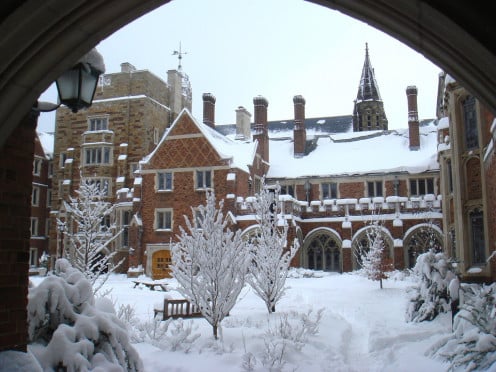
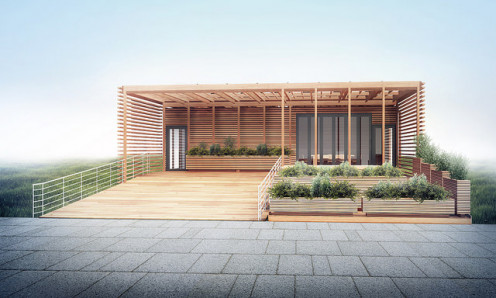
© 2009 Patty Inglish MS

